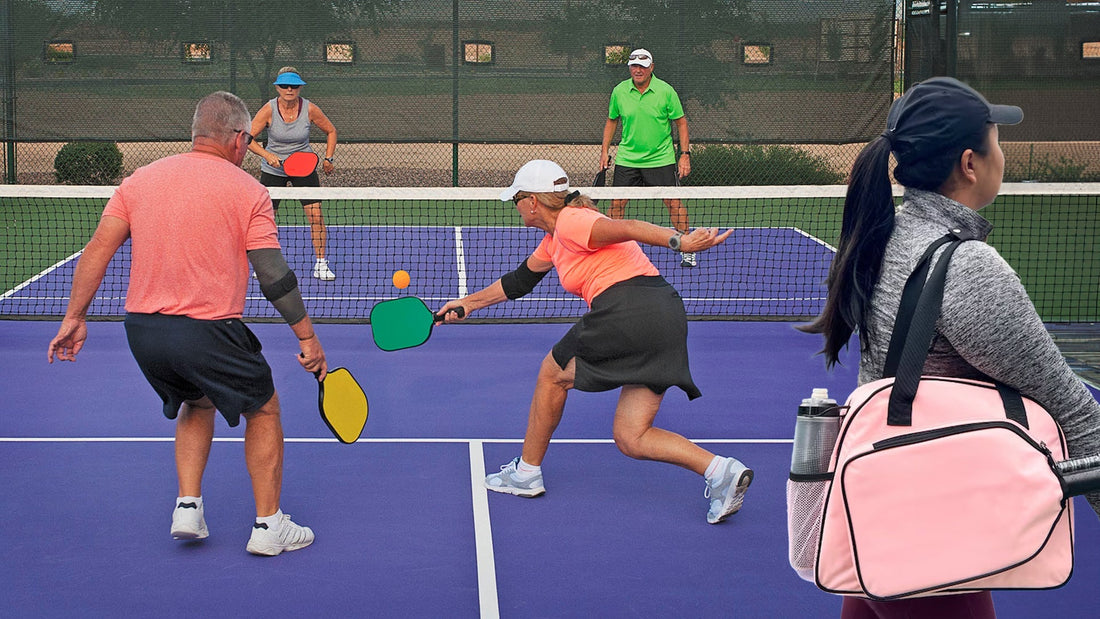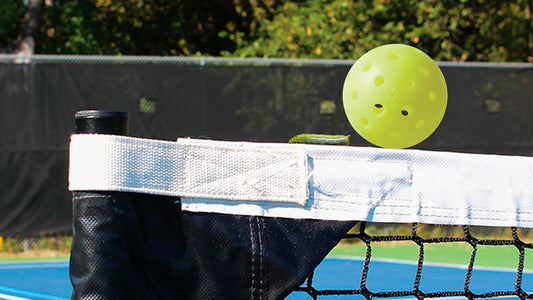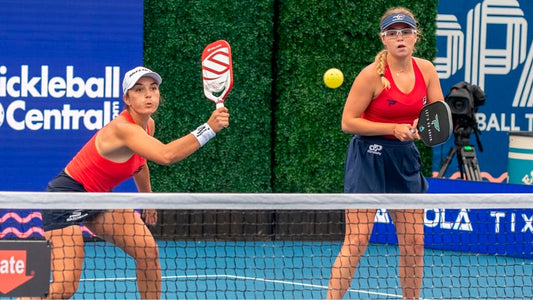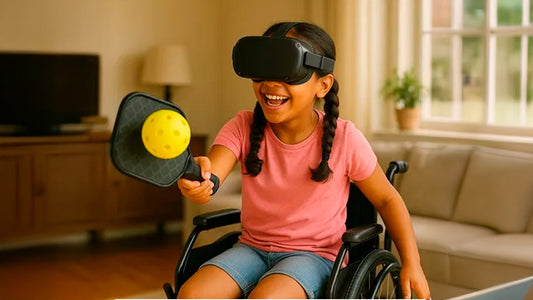
When a Player Leaves During a Pickleball Game
Share
“The strength of the team is each individual member. The strength of each member is the team.” – Phil Jackson
Pickleball is not just about individual performance; it’s about teamwork, rhythm, and maintaining momentum. But what happens when a player has to leave during a game? Whether it’s due to injury, an emergency, or another unexpected reason, the sudden departure of a player can disrupt the flow of play. Here’s what you need to know about how to handle these situations and what the rules say about player exits.
Common Reasons a Player Might Leave
There are several scenarios where a player might need to leave the game, including:
- Injury: The most common reason for a player to leave is an injury, whether it’s minor or serious. A sudden injury can not only impact the player but also affect the flow of the match.
- Personal Emergency: Life happens, and sometimes personal emergencies arise during a game, requiring a player to leave abruptly.
- Fatigue or Heat Exhaustion: In outdoor games, especially in hot weather, players may experience fatigue or heat-related issues that force them to leave.
Regardless of the reason, it’s important to know how to handle the situation to ensure fairness and safety for all players.
What Do the Rules Say?
Pickleball’s official rules provide guidance on handling situations when a player must leave during a game. Here are some of the key points:
- Timeouts: In the case of an injury or emergency, a medical timeout can be called. This allows the affected player to take time to recover before deciding whether they can continue the match.
- Substitutions: In recreational play, teams can agree to allow a substitute to step in for the departing player. This keeps the game going without penalizing the remaining players. However, in official tournament play, substitutions are not allowed, and the match will end if a player cannot continue.
- Forfeits: If a player leaves and cannot return, and no substitute is available or allowed, the game is typically forfeited. The remaining team automatically loses the match.
Handling a Player’s Departure in Doubles
When a player leaves during a doubles game, the impact is much greater because their partner is left without a teammate. In casual play, a few solutions can keep the game going:
- Substitute: If another player is available, they can step in as a substitute, ensuring the match continues.
- Rotate In: If you’re in a group setting with multiple players, you can rotate in another player and continue the game from where it left off.
- End the Match: If no substitution is available, you may decide to end the match. It’s always good to agree with the opposing team on how to proceed, ensuring fairness and sportsmanship.
Handling a Player’s Departure in Singles
In singles, if a player leaves, it often results in a more straightforward situation. Since there is no teammate, the game is generally considered a forfeit, and the remaining player is declared the winner by default.
Good Sportsmanship When a Player Leaves
Regardless of the circumstances, it’s important to show good sportsmanship when a player leaves during a game. Here are a few tips to handle the situation gracefully:
- Be Understanding: Whether it’s an injury, emergency, or fatigue, respect the player’s decision to leave and show understanding. Sometimes, continuing the game is not worth the risk to health or personal obligations.
- Communicate Clearly: If a substitution is allowed, communicate the rules and make sure all players agree on how to proceed.
- Offer Support: If a player leaves due to injury or exhaustion, offer help, whether it’s water, first aid, or simply moral support.
Game Point
When a player leaves during a pickleball game, it can be disruptive, but it doesn’t have to ruin the experience. By following the rules, communicating clearly, and maintaining good sportsmanship, you can handle the situation in a way that keeps the game fair and enjoyable for everyone involved.
See you on the courts!



